Introduction
We created the 2023 SEO (Search Engine Optimization) newsletter content to help you establish a foundation of SEO knowledge. Topics covered a wide range of SEO-related issues ranging from easy to understand and implement to more challenging.
In this newsletter, we will summarize these main points previously shared and suggest an action item for you from each article. These action items are arranged from easiest to most difficult to implement. To find out more about each action item, click on the hyperlinked newsletter. Even the easiest action items, such as setting up your Google Business Profile and Knowledge Panel, can impact your SEO for the better, so it is best to do what you can. Let’s review!
What Are the Main Takeaways?
Summary of Why is SEO Important? The Largest Customer Base is On Google: SEO stands for “Search Engine Optimization.” A website that is not optimized for SEO will miss organic customers. You can think of SEO as a set of best practices for organic customers to find your content.
Summary of Local SEO: The Easiest Customers to Get and Why You Could Be Missing Out: Based on your location, Google will show you different search results. These are called “local” (or localized) search results. It is easier to rank in local search results because there are fewer businesses competing in local search vs. national search. For businesses to rank in local search, it is imperative to set up a Google Business Profile, include local-specific language in your copy, and post on your website about local events in which your organization participates. Follow Google’s guide to creating a Google Business Profile.
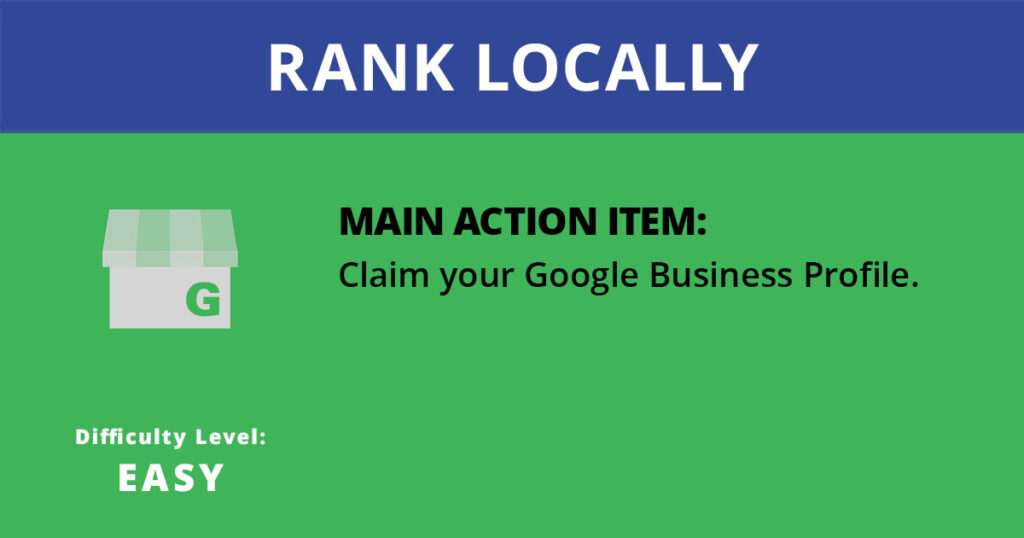
Summary of Does Google Know Who You Are?: A Knowledge Panel is a feature in the Google search results page that summarizes information about an organization. Google automatically creates Knowledge Panels by gathering information about organizations. If you claim your knowledge panel, you can increase your visibility across Google. Follow Google’s guide to claiming your knowledge panel.
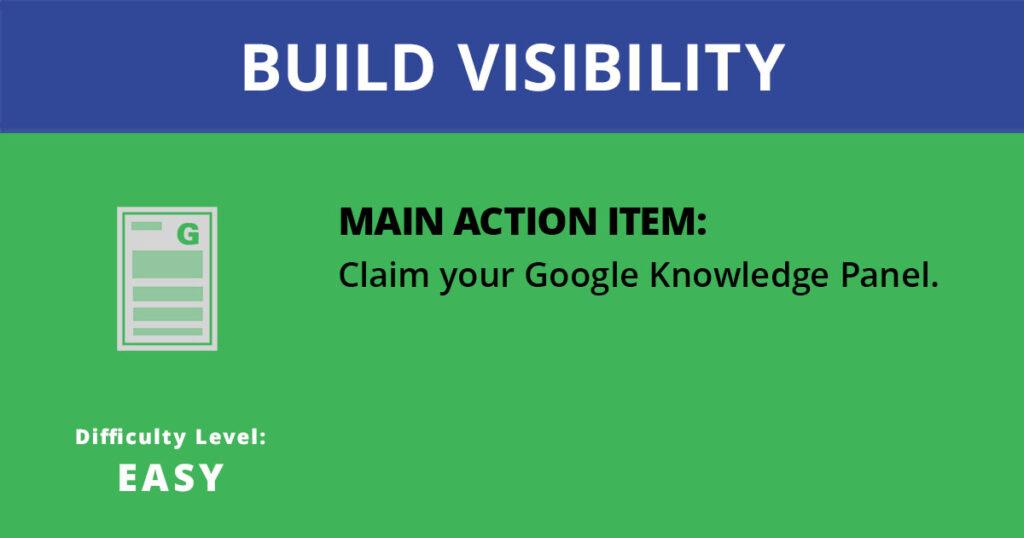
Summary of What is Keyword Research? Why is it Important?: When you search for anything in Google, you are using “keywords” to find webpages that match your search. As a business trying to rank in Google, including relevant keywords in page titles and copy is the first step to appearing in Google when a user searches for that keyword. Here are the best types of keywords to include in course page copy:
- “x course” (for example, “paralegal course”)
- “x training” (for example, “paralegal training”)
- “Online x course” (for example, “online paralegal course”)
- “Online x training” (for example, “online paralegal training”)
- Only if a course prepares for a certification, can you include keywords like “x certification”/”online x certification”
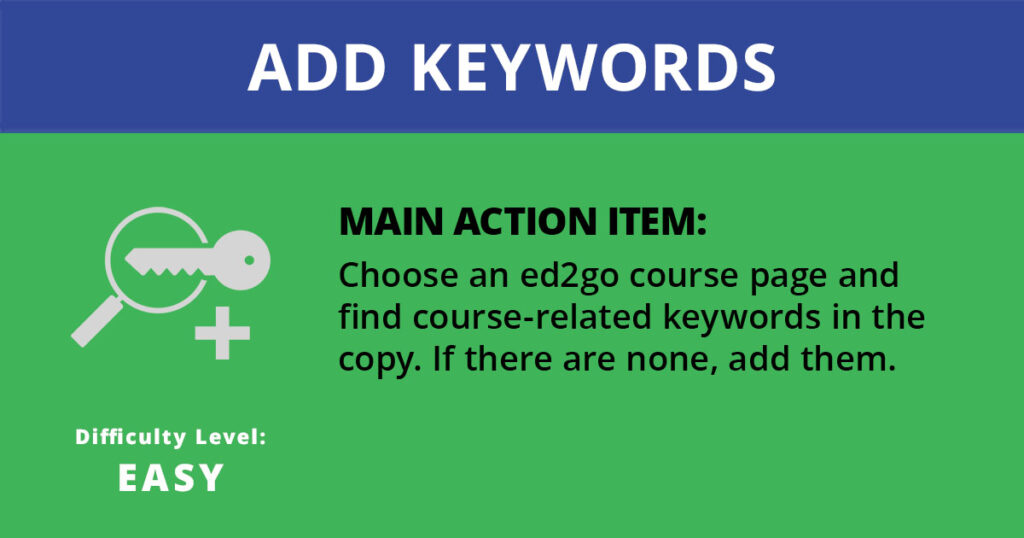
Summary of Want Google to Reward You? Fix Your Copy: If keywords get me organic customers, why not repeat keywords on a page thousands of times? Because Google will penalize unnatural keyword usage. When including keywords in copy, it is best to shoot for between 1.5%-3% keyword inclusion (for example, if your course page is 1000 words long, you would shoot for repeating a target keyword 15 times).
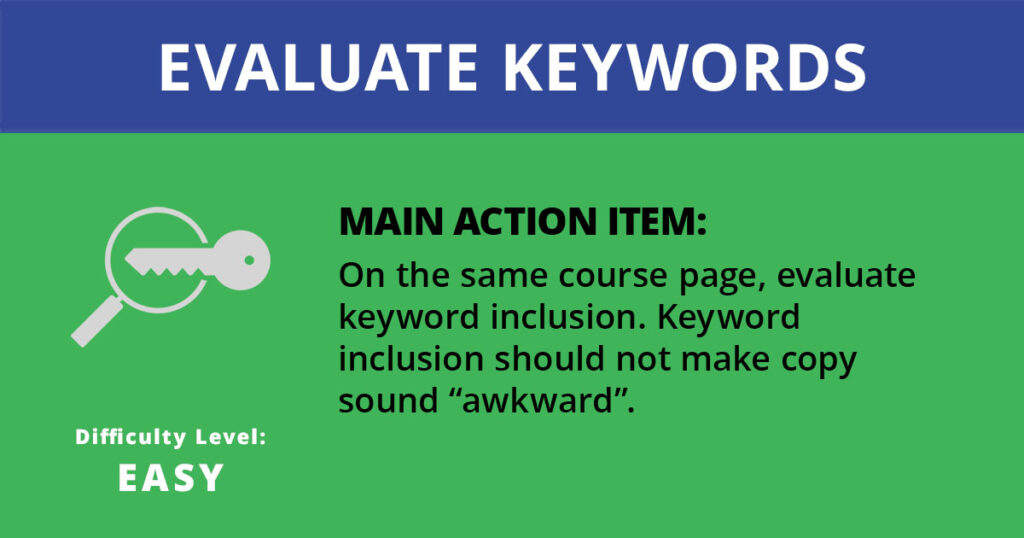
Summary of How to Get Google to Reward You with More Customers: You can use a school blog or social media account to promote your products. The more blog and social media posts you use to promote a product, the more traffic you will drive, and in turn, Google will reward the high engagement that these pages receive.
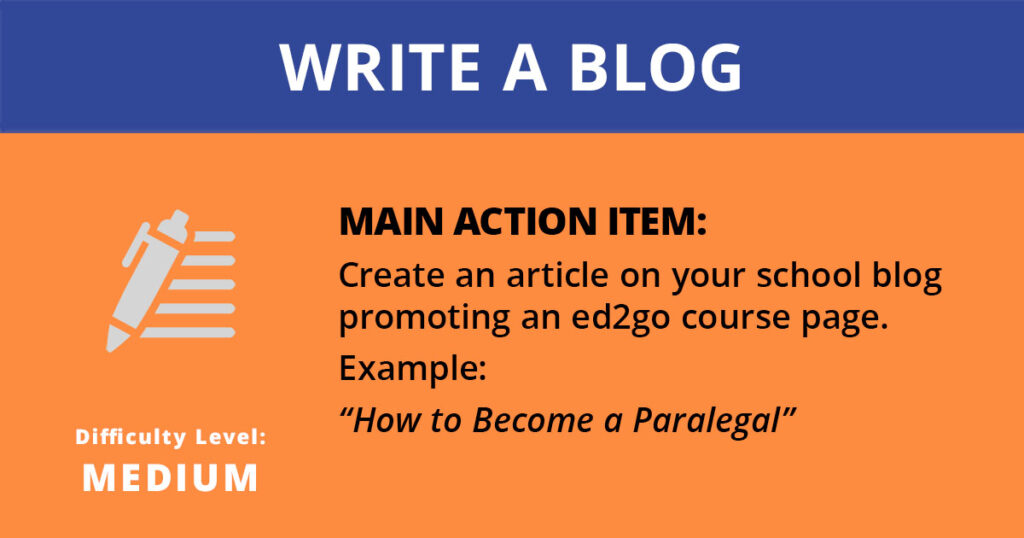
Summary of Are Your Most Important Pages Appearing in Google?: Ever notice that URLs have “HTTPS://” or “HTTP://” while others have “www.” and still others do not? HTTP is a protocol for fetching HTML documents (webpages). HTTPS is more secure than HTTP. Sometimes, when migrating your site to a more secure protocol, the old “HTTP://” URLs will still stick around. Likewise, if you once had a “www.” version of your site and now no longer use “www.” in your URL, chances are the old “www.” URLs are still around. Why is this a problem? Multiple versions of the same website can cause Google to be unsure of which URLs to show in the Google search engine results page. This, in turn, can cause unnecessary ranking fluctuations.
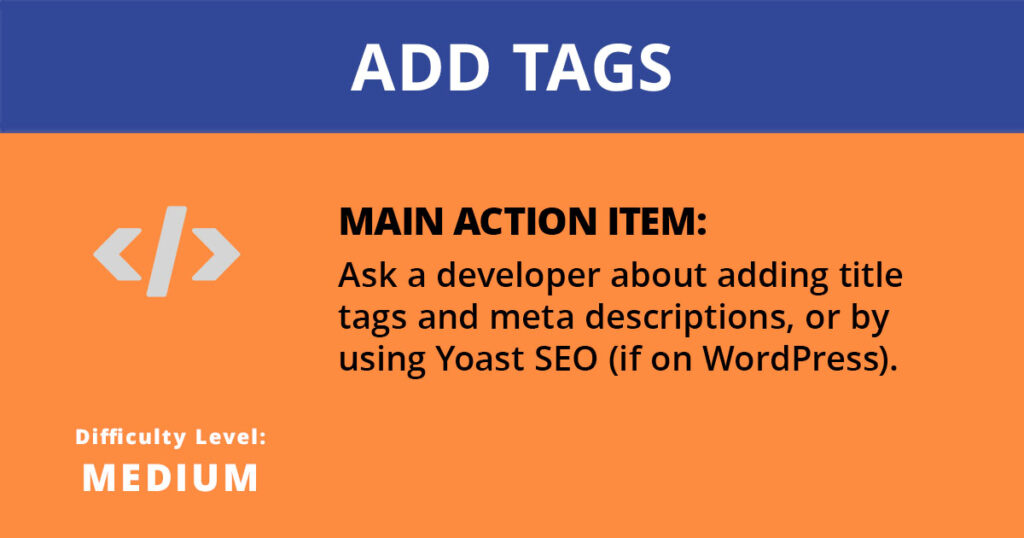
Summary of How to Stand Out from Competitors and Turn Visitors into Customers: Most content management systems allow you add “title tags” and “meta descriptions.” Your title tag and meta description are the first piece of your content that an organic user will see. It is important to follow guidelines when crafting your title tags, meta descriptions, and copy layout to ensure that visitors are attracted to your content and stay to read it.
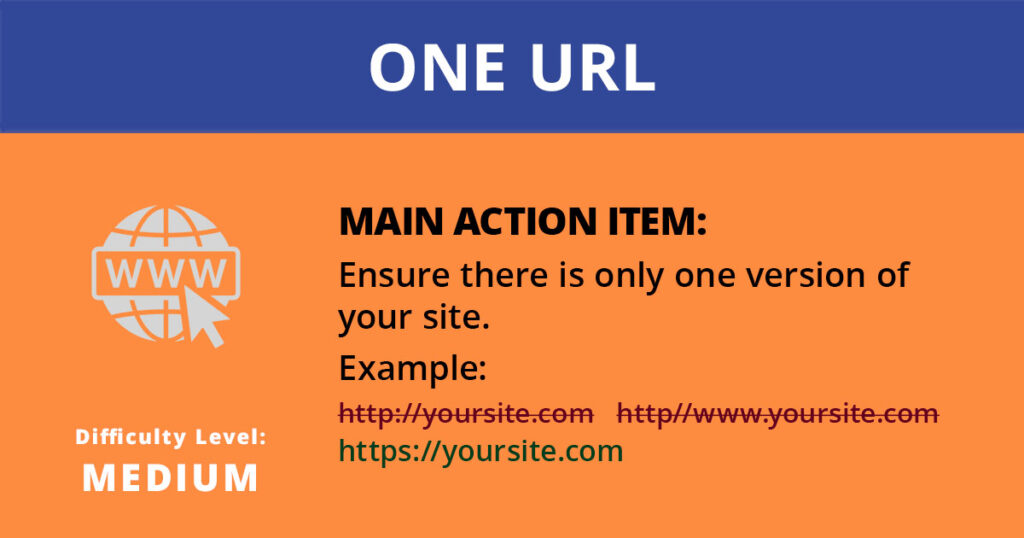
Summary of Slow Pages = Fewer Customers: Google ranks webpages higher that provide a good user experience. One aspect of user experience that directly impacts Google rankings is page speed, or how quickly your page loads. You can use the Google PageSpeed tool to diagnose your loading speed and key issues impacting it.
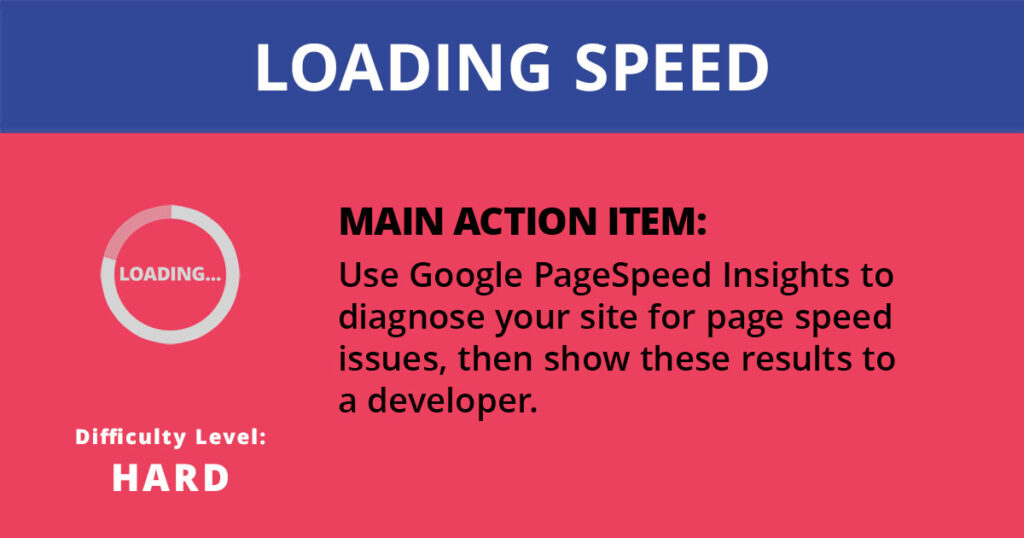
Summary of Give Google a Treasure Map to Your Most Important Pages and SEO Treasure Maps: Digging Deeper: An XML sitemap is a file on your website that lists pages you want to appear in the Google search engine results page. Without one, it can take longer for Google to notice changes on your website and update their search engine results page to rank you higher than your competitors.
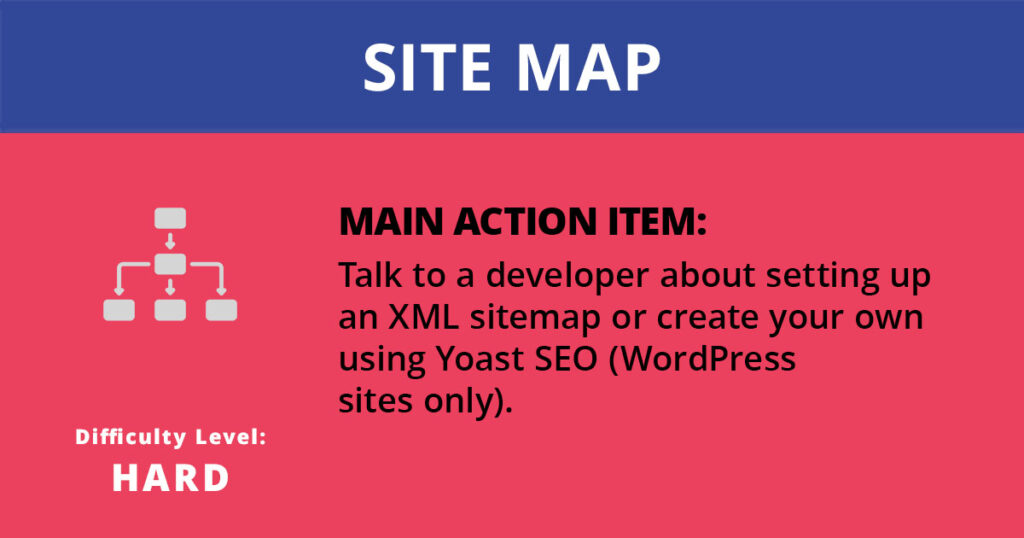
Conclusion
For more information on each main action item, refer to the linked SEO articles. In the coming year, we will be drilling down more specific action steps tailored for ed2go partners. The next installment will review how brand trust feeds directly into the Google algorithm and impacts your rankings.
